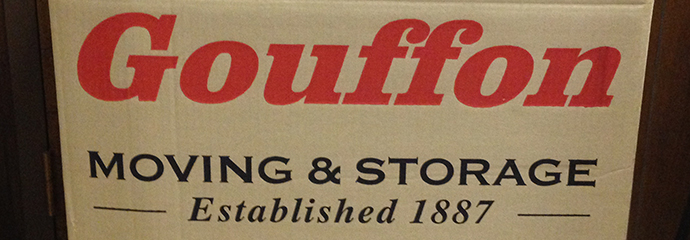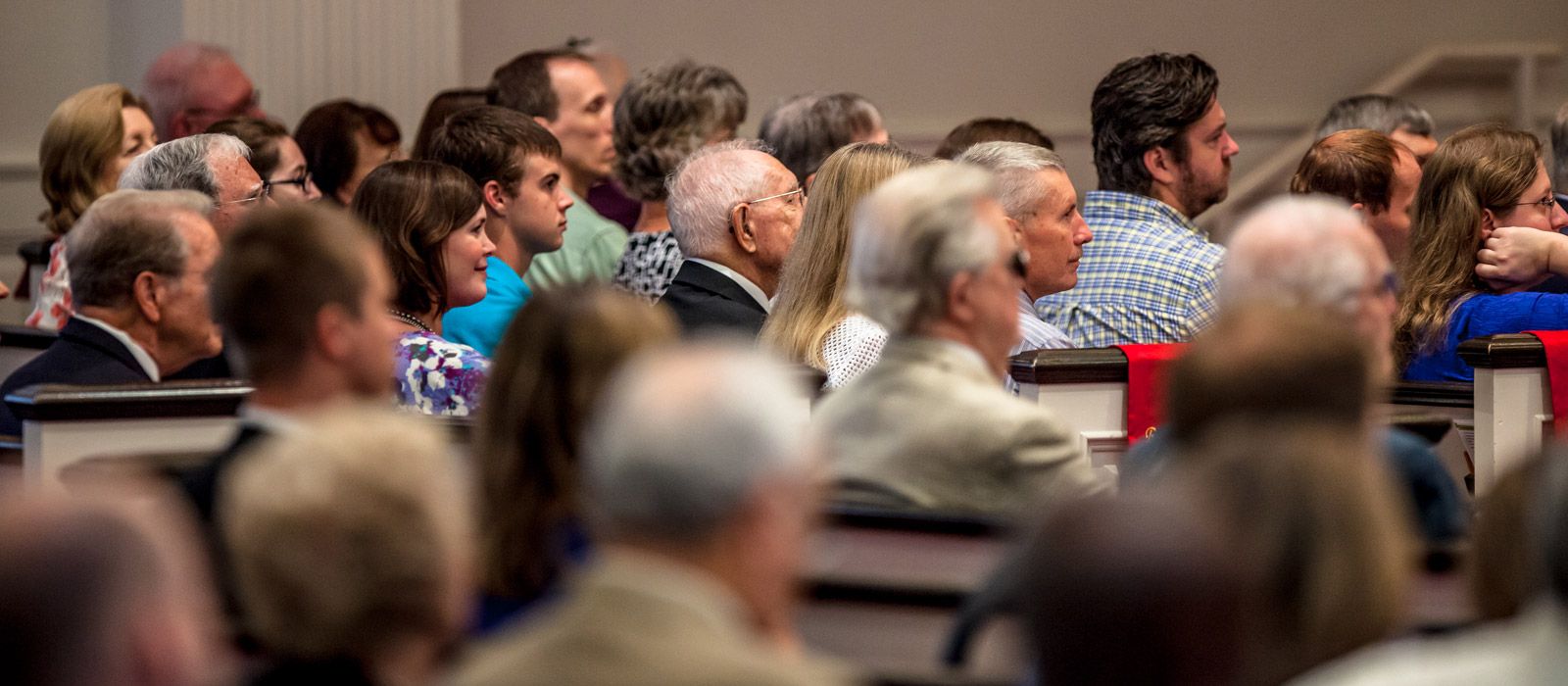
The Moving Box
Shame affects every Christian. Sometimes shame can be healthy and turn us toward God’s mercy. Most adults, however, suffer from unhealthy shame. We feel unhealthy shame usually for who we are, or we are ashamed for becoming the kind of person we never thought we would become.
Unhealthy shame is like the moving box of stuff we haul from one place to the next. We never quite unpack the box and dis…card the stuff we should have thrown away a long time ago. We shelve it and hope to go through our things one day. This kind of shame often returns when we’re forced to relocate, change jobs, or move to a new school because of circumstances beyond our control. We go back to the closet, and there’s that box we meant to go through. When everything is going our way, we ignore the shame. But then, a crisis like that found in Ezekiel happens. We’re in a new land, and all the things we had ignored begin to infect us and come out in conversations. Poisonous shame shows up when we say things like, “I’m not _______ enough.” When we worry about being rejected by church friends if we share our secrets, or if we realize that we’ve become the family we never thought we’d be, we’re dealing with unforgiven shame.
In Nippur, the community was ashamed because they turned out like everyone else they had once judged unfairly. The people of Nippur never imagined their lives would be like the people of Sodom and Samaria. The Israelites too were responsible for their behavior like everyone else. Now relocated, the people confronted the one thing that would change their view of God forever. God’s mercy extends to everyone equally.
The people wanted to live in a world of fairness and realized something in their new city. If the world was truly fair, they likely would have died at Nebuchadnezzar’s hands. Instead, God created a world of mercy, grace, justice, and love. God rescues people by relocating them, planting them like a transplanted tree, and breathing on them the breath of the spirit. Sometimes the process is quite painful; but like surgery, God’s love heals us even while we are changing. God says, “I take no pleasure in the death of anyone. Turn, then, and live” (Ezekiel 18:31).
So what about all that unhealthy shame left in the box? We need to unpack the box with God’s help and discard what we’re ashamed of. In his book, Shame and Grace, Lewis Smedes suggests several steps that we can also find in Ezekiel.
- Admit your vulnerability. We are deeply dependent on God. Shame is not something that we fix. It’s only something that God heals in his mercy.
- Surrender the shamer to God. If someone has wronged you, give that person to God. Trust that God’s will be done for that person.
- See God’s mercy extended to the one who shamed you. Israel had to see that God extended mercy to Sodom in order to be healed from their own unhealthy shame.
- Accept responsibility for what you have personally done. We can’t accept responsibility for what others have done, but we can admit where we have failed.
- Turn from unhealthy shame and live in the light of God’s mercy. We can’t be healed from shame when we’re still living shamefully. Turn from unhealthy habits, disobedience, and lifestyles. Obediently trust God even when you don’t quite feel alive.
A move can actually be a chance to transplant, replace old habits with new ones, and make friends that can hold us accountable to a God who offers forgiveness. Unpack your box; there’s no reason to be ashamed any more.

